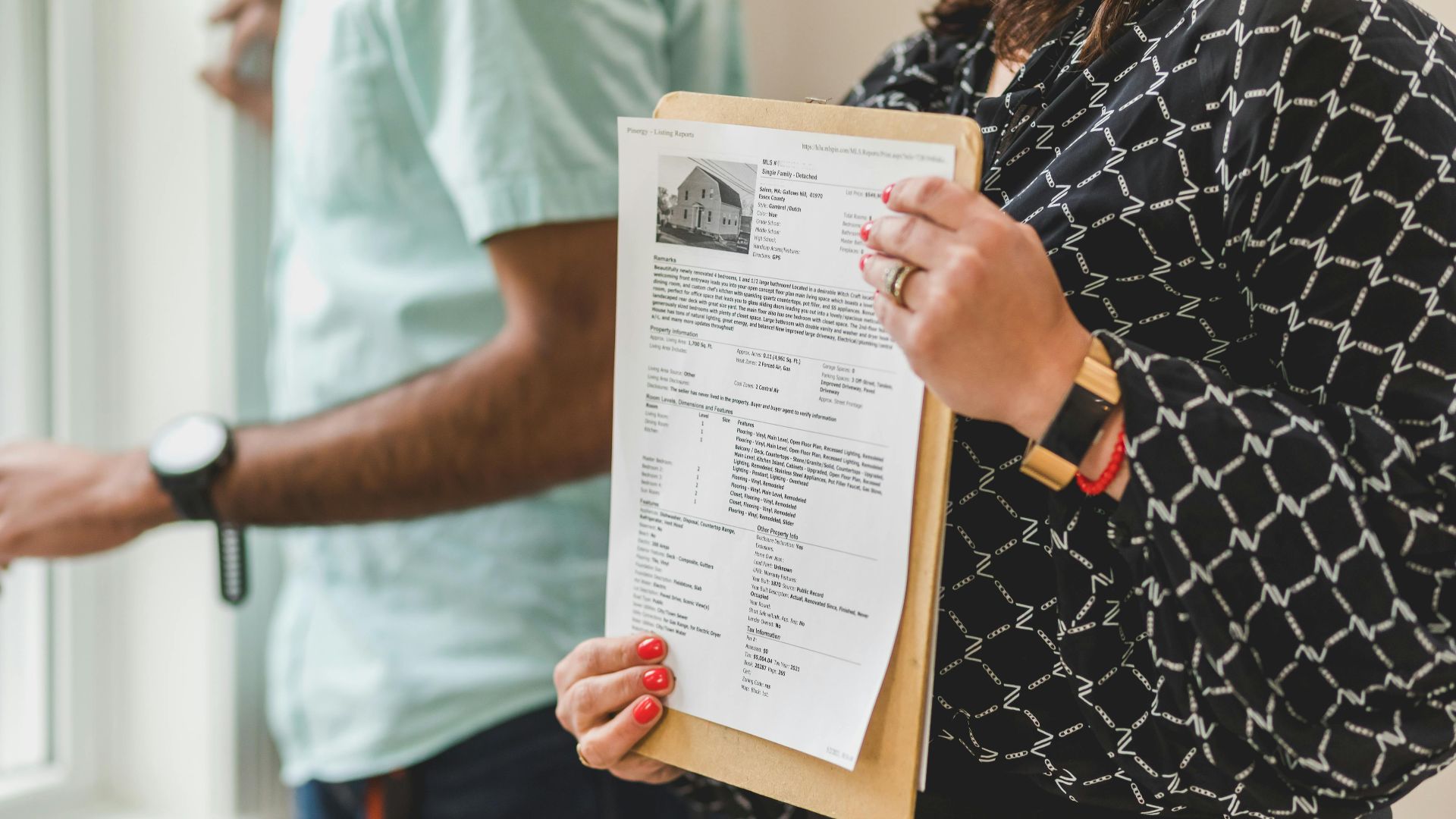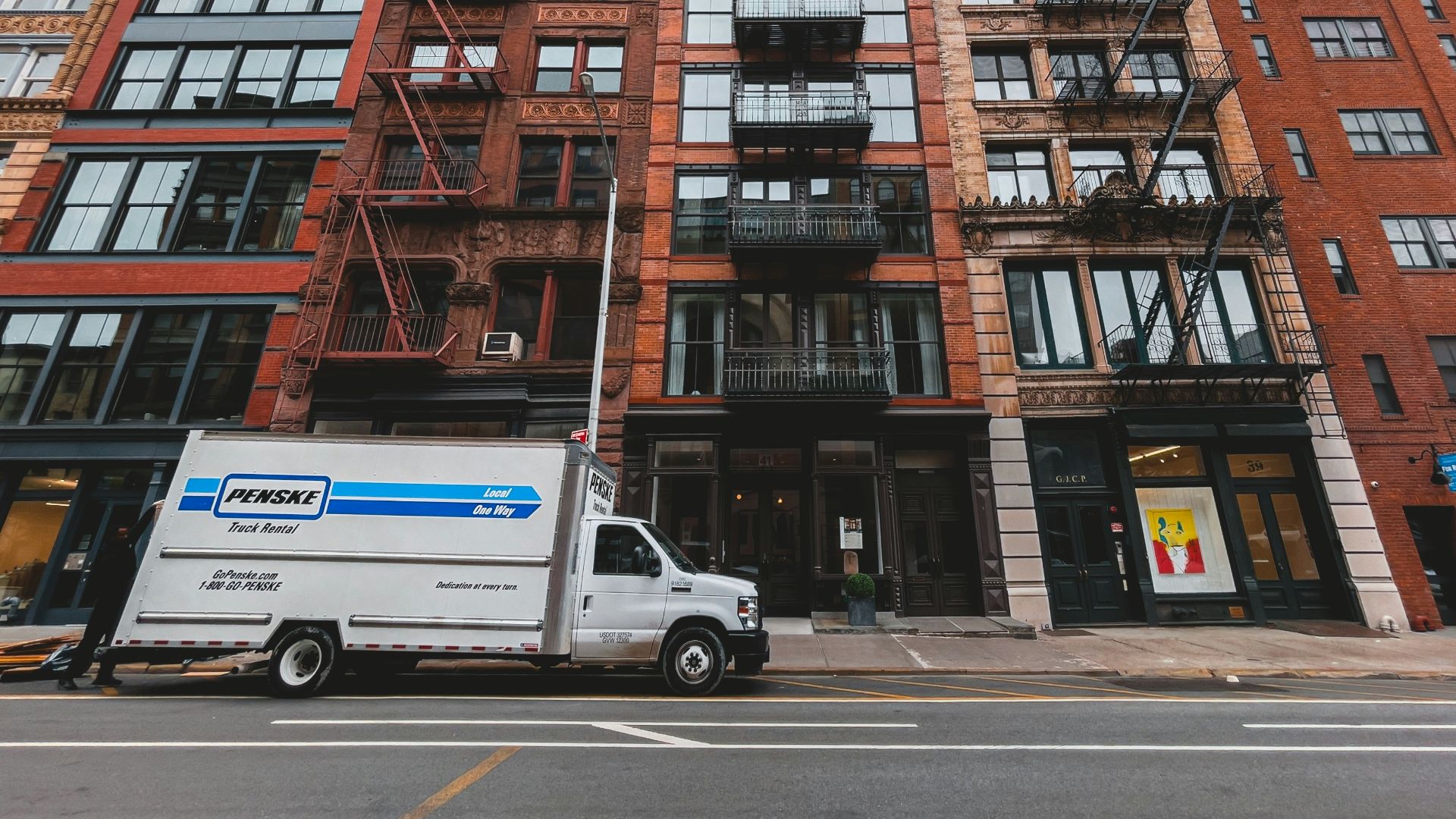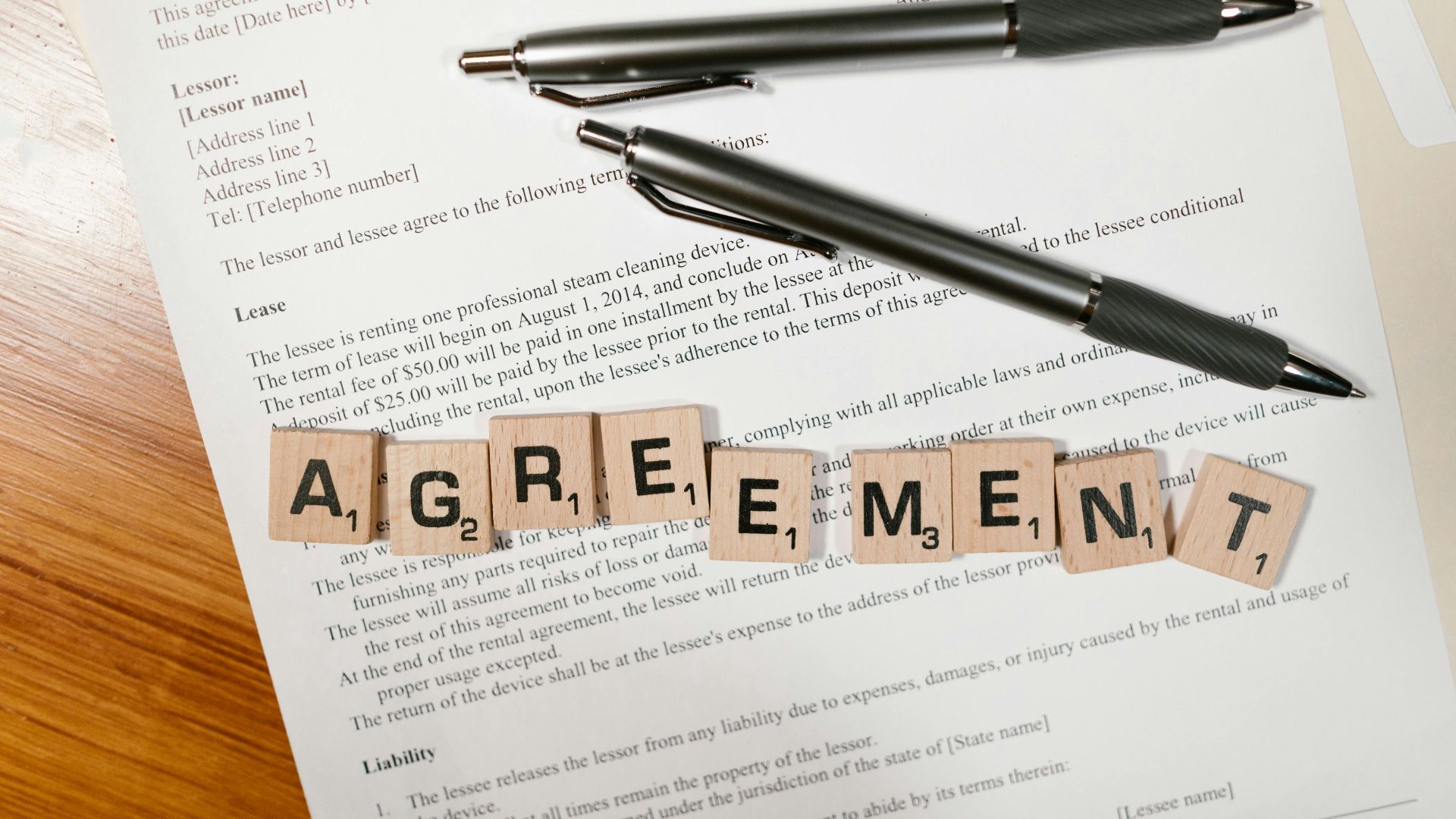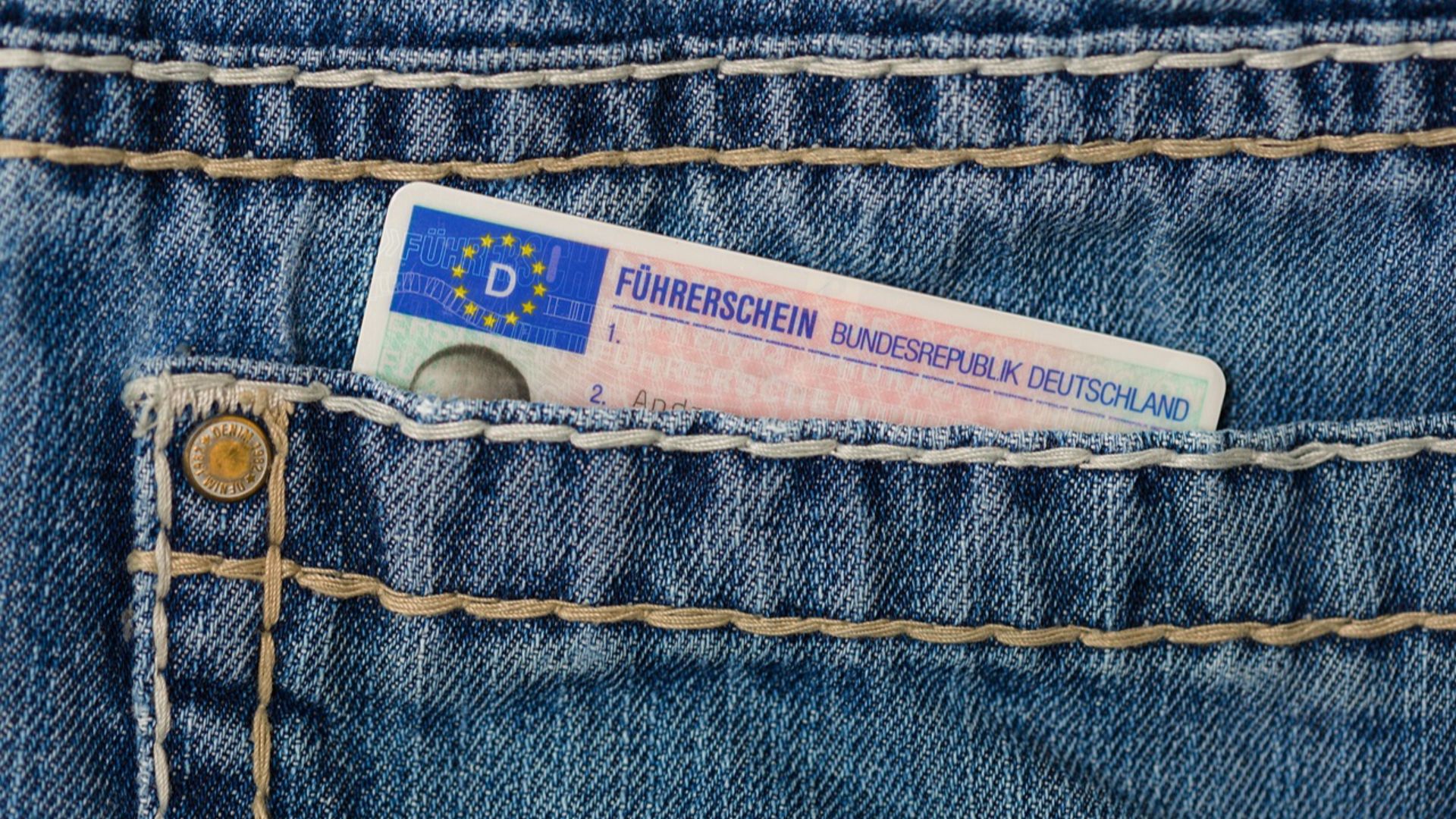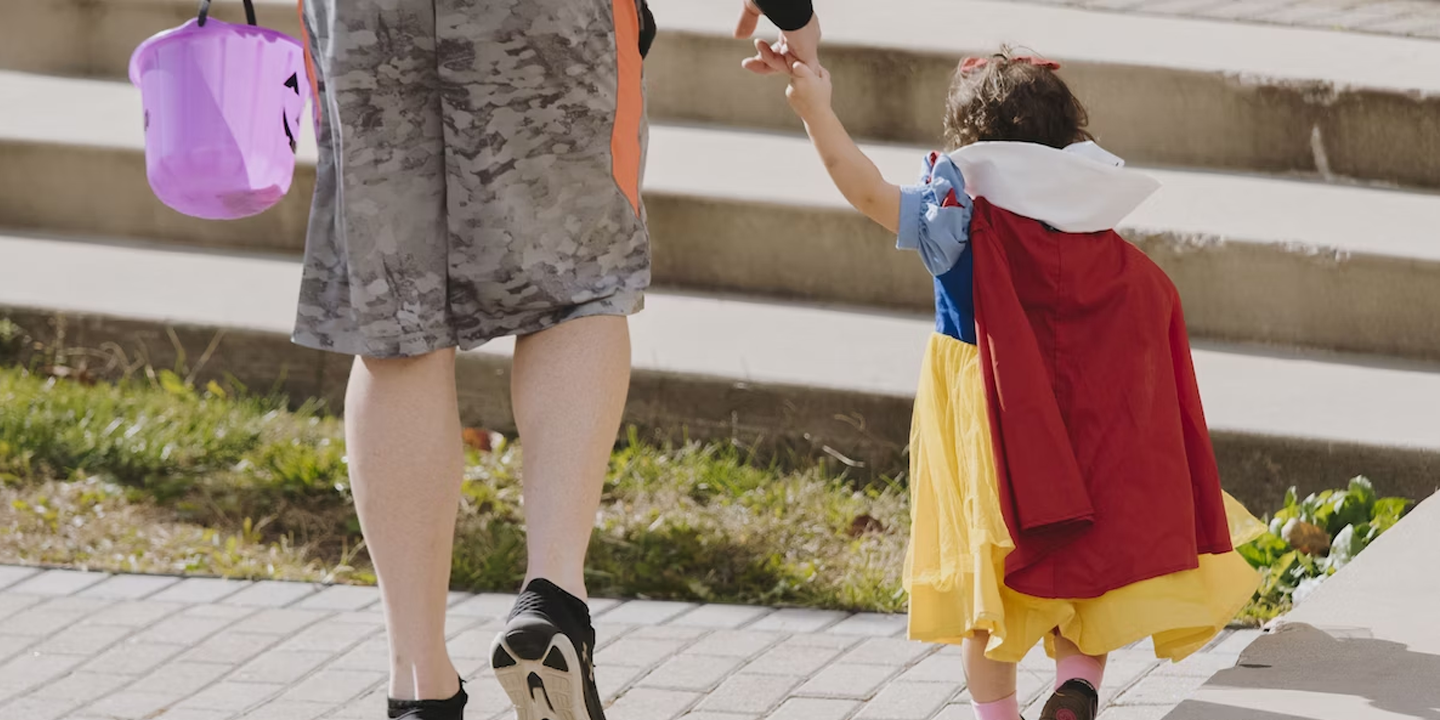Your Path to Independence
It's finally time—you're ready to move out. But if you've never experienced independence before, your first move can be daunting, even if you're excited to be on your own. Before you start searching for a new home, there are several things you'll need to keep in mind. Here are 20 helpful tips to ensure your first move goes as smoothly as possible.
1. Find a Stable Job
Before you plan to move out, you should already have a job secured, especially if you're moving to an entirely different city or state. This means you should aim to start looking for jobs much before you begin apartment or house hunting. Securing a stable job guarantees you'll be less likely to run into financial issues after the move.
2. Find a Good Place to Live
Once you decide where you're planning to move to, it's time to start looking for an ideal place to live. Search for areas that are within your budget and close to your new workplace or near transportation systems. You should also remember to stay wary of low listing prices, which may indicate there's a higher crime rate in the area.
3. Review Your Finances
Since it's your first time moving out, you've likely never had to pay too close attention to your finances, especially if you're used to relying on your parents or others. Along with securing a stable job, it's also important to ensure your finances are in order—and that you have a manageable amount of debt—before you make the big move out.
4. Make Lists... And More Lists
Moving out is exhaustive, tedious work. It'll help to stay organized and create separate lists for everything that needs to be done. Packing, for one, should be its own list. As well as things you'll need to sell, things you need to donate, and things you'll need to buy for your new home. Without lists, you're much more likely to forget something.
5. Set a Budget
Along with reviewing your finances, you should set a budget if you haven't already. This will help to ensure you don't overspend before and after the move. If you can, have a checklist ready of items you want to purchase for the move and essentials you'll need to regularly buy, then calculate an estimate to stay within the limit of.
6. Rent Moving Trucks or Alternative Methods
For bigger items, you'll need to rent moving trucks or call up friends and family to help. If you're moving to somewhere farther away, have arrangements already set in place for shipping your things over, and make sure to total the cost into your budget and finances.
7. Understand Your Lease
After you've found your ideal new home, it's important to read the contract clearly before signing. There will typically be extra costs not covered in rent that you'll need to factor in, and you'll need to make sure you agree and understand all the terms. This will prevent you from running into issues after you've signed.
8. Check Your Credit
You may have to take out loans for your move. If so, make sure you have a good credit score and that you're not currently managing more debt than you can handle. It will help to talk to a financial advisor to sort out your money and organize your current (and future) plans and goals.
9. Get Your Driver's License
If you don't already have a license, you should consider getting one. Knowing how to drive will open up more areas and neighborhoods you can move to that are farther away from alternative methods of transportation. If you already have your license, make sure you update it if needed after the move. Some places may require you to retake your exam.
10. Learn How to Cook
Knowing how to cook for yourself will help you save money in the long run. After the move, aim to eat out no more than your budget allows. Plus, with recipes available everywhere on the internet and social platforms, it's easier than ever to get cracking in the kitchen.
11. Prepare Yourself Emotionally
Moving out for the first time can be hard. This will be your first taste of complete independence, and unless you're living with roommates, the initial months may feel lonely. If you're likely to get homesick, plan a regular call schedule with your loved ones so you can stay connected.
12. Choose Roommates Wisely
If you'll be living with roommates, make sure you choose wisely. Before you meet them, they're still strangers you know nothing about and people you're not yet sure you can rely on. If possible, try to reach out to them prior to the move so that you can get a feel of who they are.
13. Declutter Before Packing
You don't need to bring everything with you. As you pack, you'll likely realize that there are many items you don't need or clothes that don't fit anymore. To declutter, you can place these items aside in separate bags for donation, give them away to friends and family, or sell them if they're still in good condition.
14. Stock Up on Essentials
It's a good idea to stock up on essentials like toilet paper, towels, toothpaste, and more before the big move. This will be especially helpful if the cost of living in the new area you're moving to is higher than your current place. Don't go overboard, of course, but pack a reasonable amount with you.
15. Note Down "Sale" Prices
Another invaluable tip to save money is to jot down when prices for items are at their lowest. This could be anything from essentials, like toilet paper, to groceries. While prices fluctuate, noting down the sale price adds a point of reference, which can help you decide when to stock up on something or when to skip it entirely.
16. Bring Hangers
This may sound like an odd tip, but if you have extra hangers in your closet, bring them. While you can always buy new ones after the move, it's one less thing to worry about and spend money on. Keep this in mind if you own a lot of clothes or heavier coats.
17. Frame Photos
Bring framed photos with you if you have any, or have new ones ready once you move out. Having pictures to hang up on your walls or to prop on your nightstand may help make you feel less lonely, especially if they're photos of family and friends. While you're at it, plan how to decorate your new place so that it feels more like home.
18. Accept Any Hand-Me-Downs
Since you'll need to save money, accept any hand-me-downs you're given. Clothes, books, shoes, pillows, sheets, cups, cutlery—whatever it is, take them with you if you know you'll need them. These items can then be checked off on your list of things to buy.
19. Change Your Mailing Address
Remember to change your mailing address once you move out so that your mail is being delivered to the right place and that companies and organizations know where to contact you. Prioritize important entities first, such as your insurance provider, bank, tax agencies, and driver's license. In most cases, it's required by law to update.
20. Make New Friends
To feel less alone when moving out for the first time, consider taking up new hobbies or joining community groups to make friends. This may be challenging for introverts, but it's important to push yourself outside your comfort zone. That way, you can build a trusted circle of people to create new memories with during this exciting chapter of your life.




